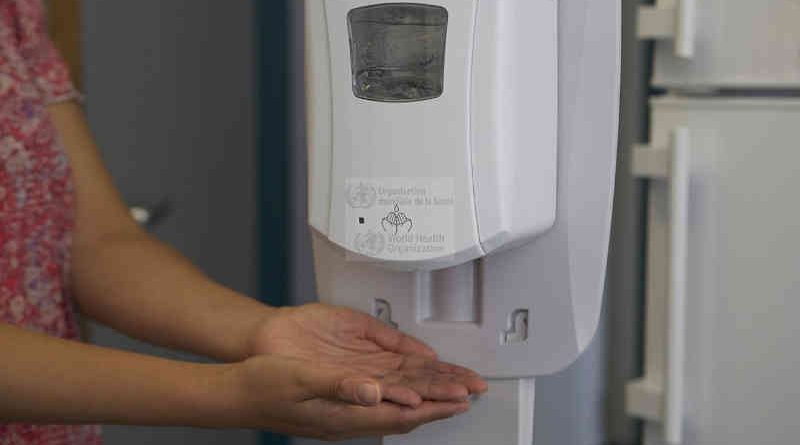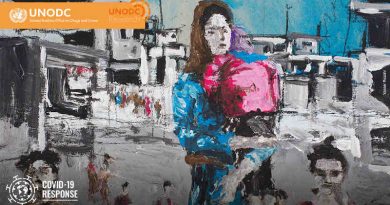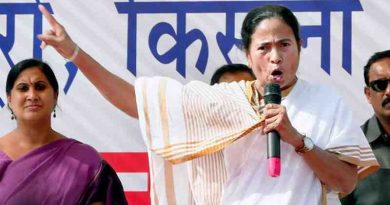How to Manage the Covid-19 Infodemic

The coronavirus disease (Covid-19) is the first pandemic in history in which technology and social media are being used on a massive scale to keep people safe, informed, productive, and connected.
At the same time, according to WHO, the technology we rely on to keep connected and informed is enabling and amplifying an infodemic that continues to undermine the global response and jeopardizes measures to control the pandemic.
An infodemic is an overabundance of information, both online and offline. It includes deliberate attempts to disseminate wrong information to undermine the public health response and advance alternative agendas of groups or individuals.
Mis- and disinformation can be harmful to people’s physical and mental health; increase stigmatization; threaten precious health gains; and lead to poor observance of public health measures, thus reducing their effectiveness and endangering countries’ ability to stop the pandemic.
WHO warns that misinformation costs lives. Without the appropriate trust and correct information, diagnostic tests go unused, immunization campaigns (or campaigns to promote effective vaccines) will not meet their targets, and the virus will continue to thrive.
Furthermore, disinformation is polarizing public debate on topics related to Covid-19; amplifying hate speech; heightening the risk of conflict, violence and human rights violations; and threatening long-terms prospects for advancing democracy, human rights, and social cohesion.
In this context, the UN Secretary-General launched the United Nations Communications Response initiative to combat the spread of mis- and disinformation in April 2020. The UN also issued a Guidance Note on Addressing and Countering Covid-19 related Hate Speech (11 May 2020).
At the World Health Assembly in May 2020, WHO Member States passed Resolution WHA73.1 on the Covid-19 response. The Resolution recognizes that managing the infodemic is a critical part of controlling the Covid-19 pandemic.
It calls on Member States to provide reliable Covid-19 content, take measures to counter mis- and disinformation and leverage digital technologies across the response. The Resolution also calls on international organizations to address mis- and disinformation in the digital sphere, work to prevent harmful cyber activities undermining the health response, and support the provision of science-based data to the public.
The UN system and civil society organizations are using their collective expertise and knowledge to respond to the infodemic. They call on Member States to develop and implement action plans to manage the infodemic by promoting the timely dissemination of accurate information, based on science and evidence.





